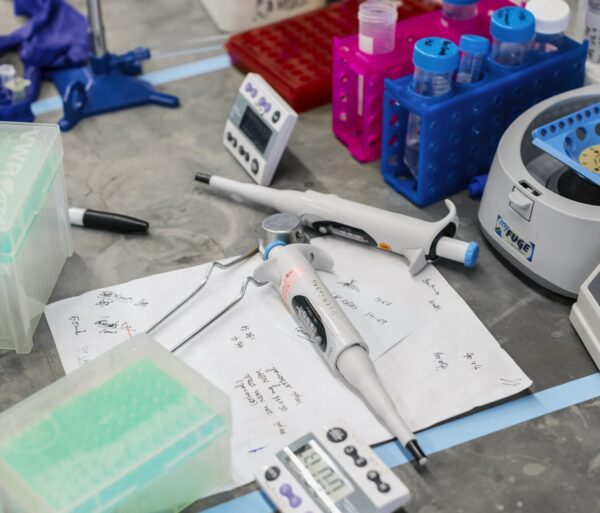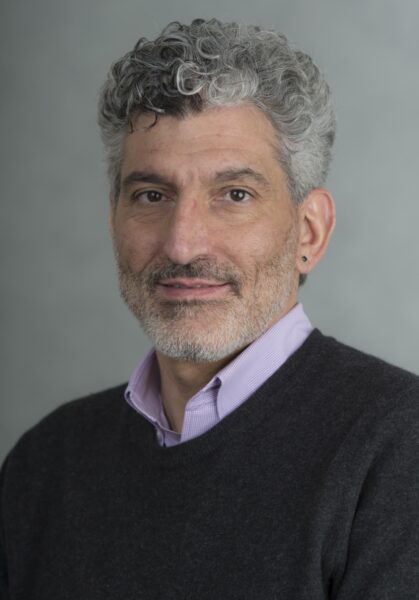
Without the BRF grant, our team simply wouldn’t be able to do this work. If we succeed, it would be a big advance in the sense that we will have a model very relevant to human disease that we can test.
Alzheimer’s, Huntington’s and other neurodegenerative disorders behave in very different ways person to person. Likewise, symptoms for these conditions can vary widely making it difficult for physicians to reach a proper diagnosis and know what’s best for each patient. The reasons why—and the path to effective treatments—appear to be hidden deep inside the workings of our brains, at the molecular level.
Since 2011, from her lab at the University of California, San Francisco, Aimee W. Kao, M.D., Ph.D., has been working to understand what contributes to frontotemporal lobar degeneration, a disease that robs people of functionality in the areas of the brain that make us most human.
As Dr. Kao described, the frontal lobes of the brain separate us from other animals on this planet. They give us our personality; our motivation; our ability to plan and multi-task, to appreciate art and music, to feel empathy and love. The temporal lobes also play a crucial role as the seat of language and our ability to navigate the world.
“Dementia affects so much of who we are,” she remarked, “and yet we don’t know much about it.”
Dr. Kao’s research team focused on how a particular protein called progranulin contributes to loss of function in these key parts of the brain.
“We go through life every day managing a variety of environmental stressors like infection or bumps to the head,” Dr. Kao said. “As life goes on, the effects of stress can accumulate as changes in our cells and bodies. We postulate that over time, people who don’t have enough progranulin develop aberrant responses to stress. This may be due to overly aggressive microglia—cells in the brain that become confused and start attacking neurons that they normally would protect.”
Climbing another rung.
With the help of a 2013 BRF Seed Grant, Dr. Kao’s team applied findings from prior work with plants and invertebrate and vertebrate animals to an examination of induced pluripotent stem cells, or IPSCs.
IPSCs are adult human cells that have been genetically reprogrammed to mimic characteristics of embryonic stem cells. Using advanced microscopy, the team worked to examine the IPSCs to understand in minute detail the effect of progranulin on interactions between neurons and microglia.
Millions of potential beneficiaries.
With enough knowledge, one possibility is finding a way to override mutations and prevent neurons from degenerating and dying. In addition to a better understanding of frontotemporal lobar degeneration, Dr. Kao’s research has the potential for changing the way scientists and physicians think about and treat Alzheimer’s and Parkinson’s disease as well as different forms of cancer. Her project is off to a very promising start.



